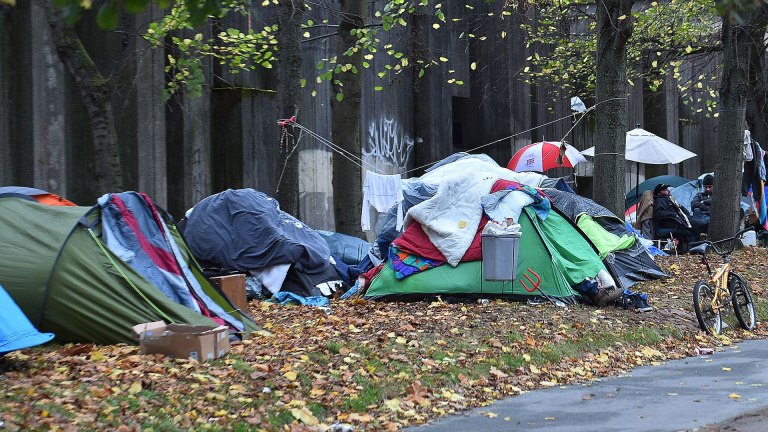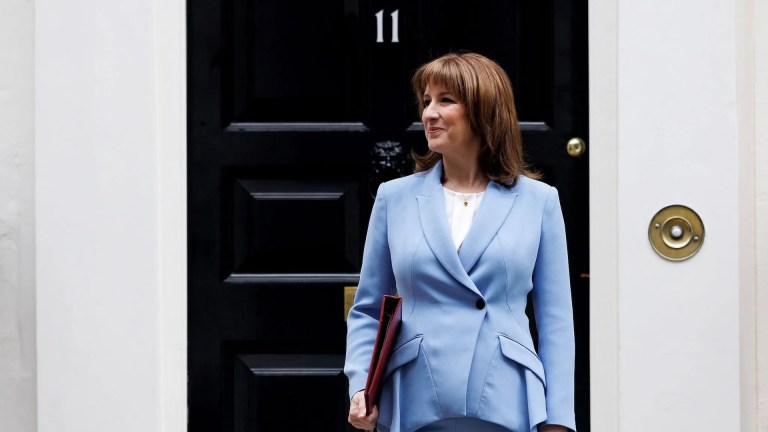The Daily Star’s version of the story, however, went in fully on the fry-up angle. They got stuck in with the headline: “German experts say eating full English breakfasts could lead to weight loss”.
It’s far from the first time the tabloids have examined the merits of the fry-up and, indeed, not the first time that we have covered the full English/Scottish/Welsh (delete as appropriate) breakfast. We ran the rule over reports that exercising after a fry-up was the secret to shedding pounds in October last year.
So do these stories make a better case for sausage, eggs, bacon and the rest to be a part of your diet?
Facts. Checked
The report behind these stories makes no mention of a fried breakfast and is hardly an endorsement for Britain’s much-loved fry-up.
Instead, the study adds more weight to the idea that eating a big meal at the end of the day when you have less time to burn it off is not the best approach to follow.
Advertising helps fund Big Issue’s mission to end poverty
It is true that academics did find that eating a big breakfast did burn twice the calories. The study did not measure weight loss.
The University of Lübeck-led study centred on diet-induced thermogenesis (DIT), which is a measure of how well our metabolism is working and can differ depending on meal time.
Researchers conducted a three-day laboratory study of 16 “normal-weight” men who ate a low-calorie breakfast and high-calorie dinner then did the reverse for a second round. The small sample size and variety should set alarm bells ringing – if you’re a woman reading these stories, there is little to relate to.
Nevertheless, they did find that DIT was 2.5 times higher in the morning than in the evening while the food-induced increase of blood sugar and insulin concentrations diminished after breakfast compared with dinner. Eating a low-calorie breakfast also increased appetite for sweets. The report does not state what foods were included in the meal.
The study’s author Dr Juliane Richter said: “Our results show that a meal eaten for breakfast, regardless of the amount of calories it contains, creates twice as high diet-induced thermogenesis as the same meal consumed for dinner.
“This finding is significant for all people as it underlines the value of eating enough at breakfast.”
Advertising helps fund Big Issue’s mission to end poverty
She added: “We recommend that patients with obesity as well as healthy people eat a large breakfast rather than a large dinner to reduce body weight and prevent metabolic diseases.”
To be fair to the media outlets covering this story, the Daily Star is the main offender here. The rest do a good job of covering the report accurately on the whole, association with a fry-up aside.
The lesson here is to read coverage of scientific studies in more than one news outlet to avoid misleading takes like the Daily Star’s and, sadly, not to dig into more fry-ups.
Image: Miles Cole









